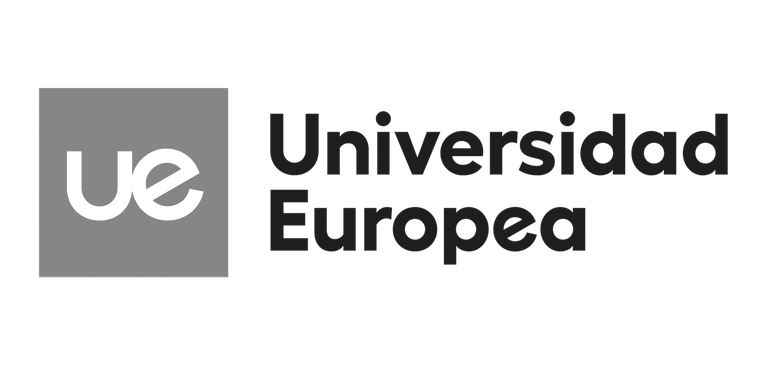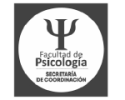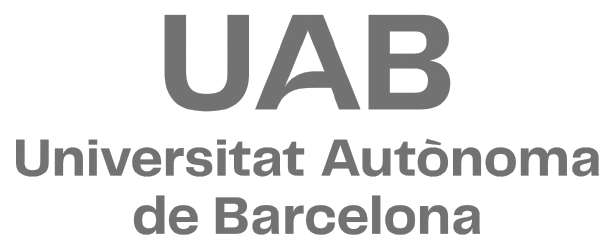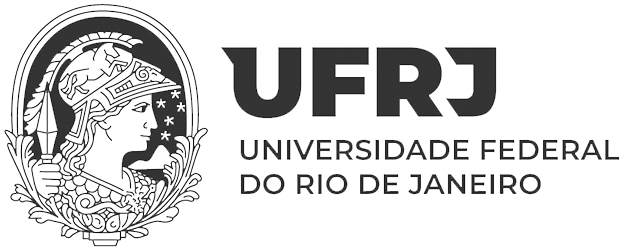From 1990 to 2016, , air conditioning usage in the UAE increased from 25 to 125 terawatt hours, making up 70% of the country’s electricity consumption. Overcooling to 18°C in homes is common, leading to health issues and reduced learning efficiency during the Covid-19 pandemic. This study uses Electroencephalograms (EEG) to examine indoor thermal environments’ impact on learning efficiency. An artificial climate chamber set at 24°C or 20.5°C monitored 64 healthy males aged 21–29 during a 70-minute EEG session. Participants took a Visual Continuous Performance test and had their academic performance evaluated. Seven brain areas were analyzed for attention and power frequency. Results showed lower temperatures (20.5°C) increased EEG frequency, indicating better attention than 24°C. Statistical analysis revealed that concentration was achieved faster at lower temperatures. This study highlights the importance of optimizing indoor temperatures for improved learning efficiency and well-being.
Jung, C., Sami Abdelaziz Mahmoud, N., & El Samanoudy, G. (2024). Overcooling in UAE homes: health issues and implications for learning efficiency. Architectural Science Review, 1–14. https://doi.org/10.1080/00038628.2024.2360910
This article includes in its reference research linked to Nesplora:












Este proyecto ha recibido financiación de la Unión Europea del programa de investigación e innovación
Horizon 2020 bajo el acuerdo Nº 733901
© 2025 Nesplora S.L.